Mere is an old Norse/ germanic word for a lake or sea and is still used in Northern England.
Pickmere is a village and civil parish near Knutsford Cheshire and its main feature is a beautiful lake.
Surprisingly for me, I have never been, despite having lived in this area all my life. As a child my mother's annual summer holiday used to be a day out at Wythenshawe Park or Pickmere in Cheshire.
When I visited yesterday I could imagine my mother's life long love of the countryside starting right there at Pickmere. To have a day out from the murky, polluted filthy slum housing of inner city Manchester to the beauty of Pickmere for a day-out must have seemed like heaven to her.


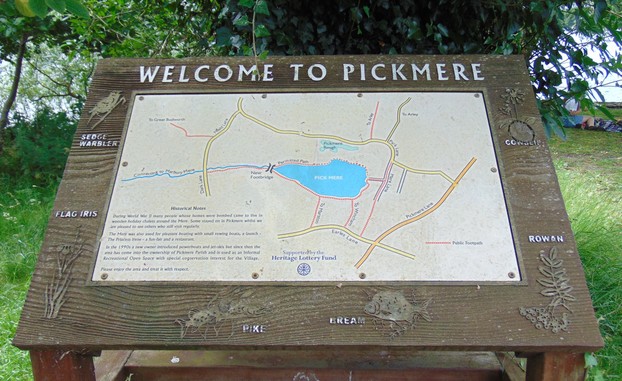
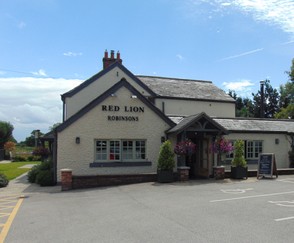
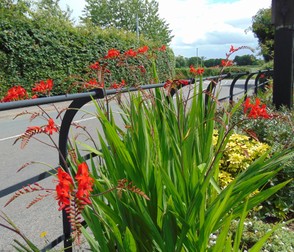
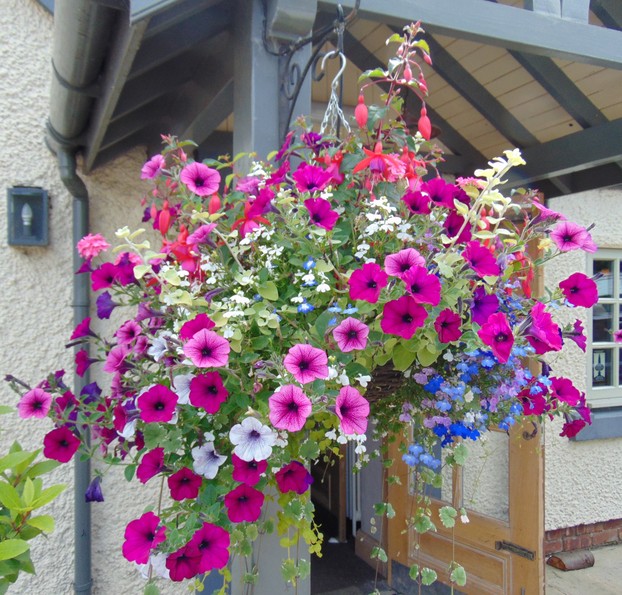
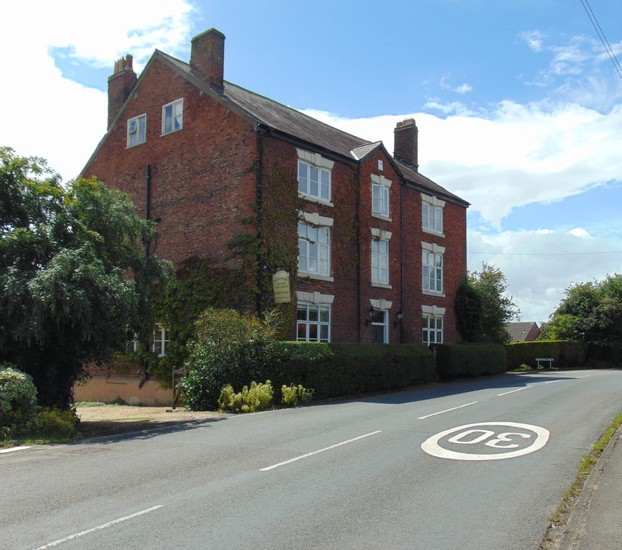
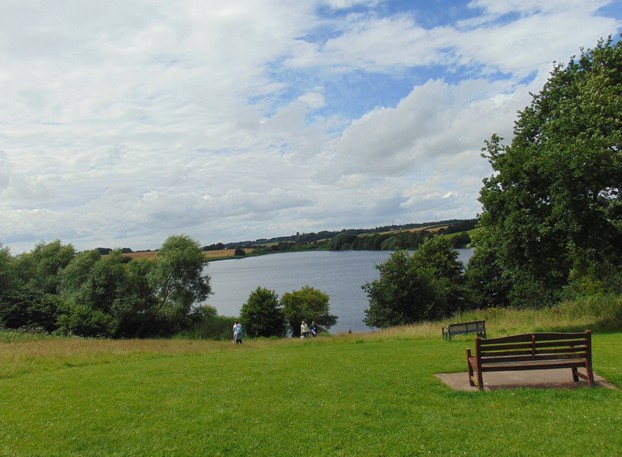
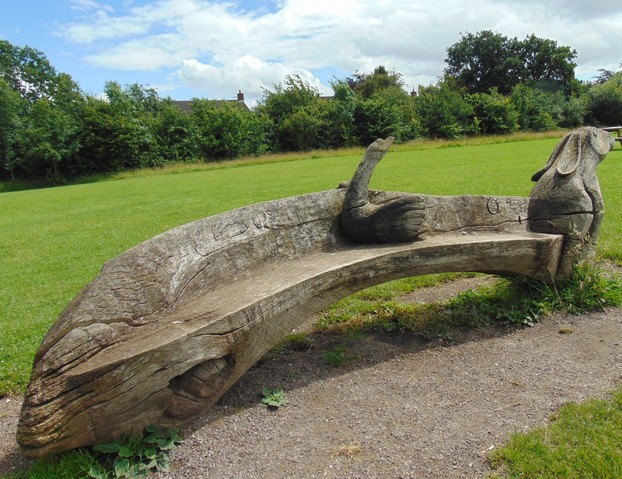
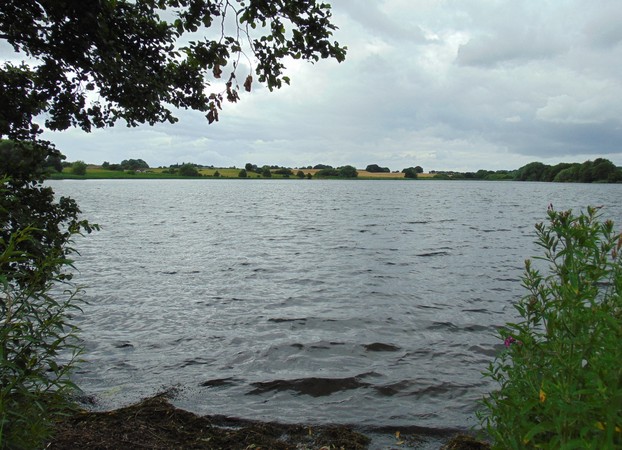
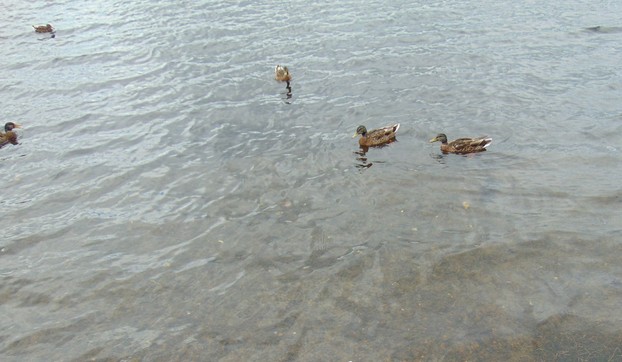
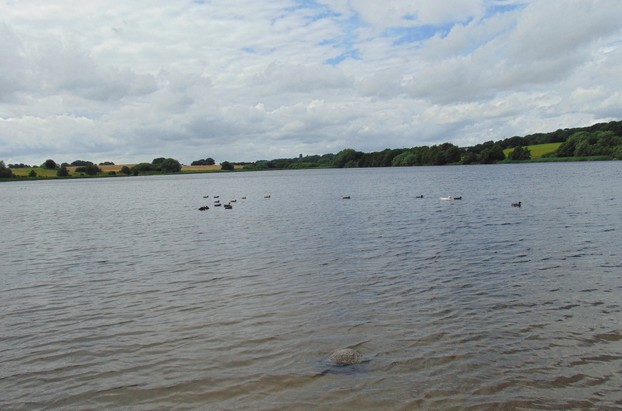
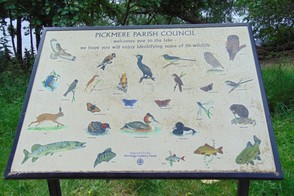
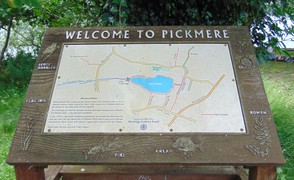
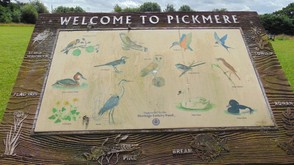
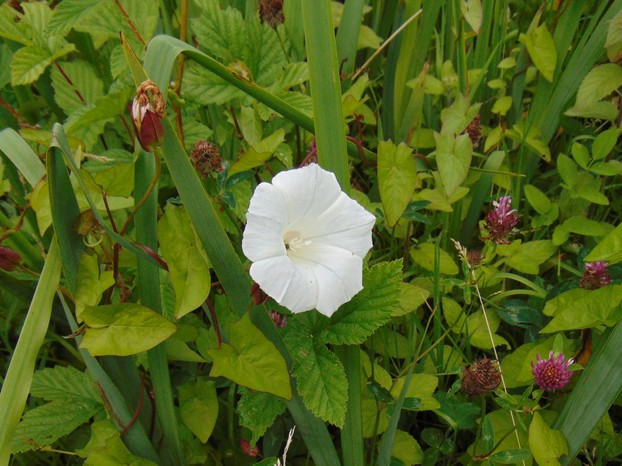
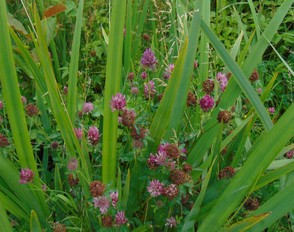
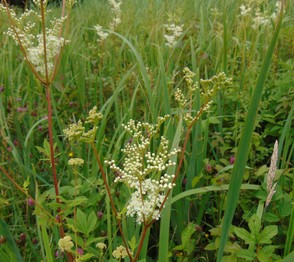
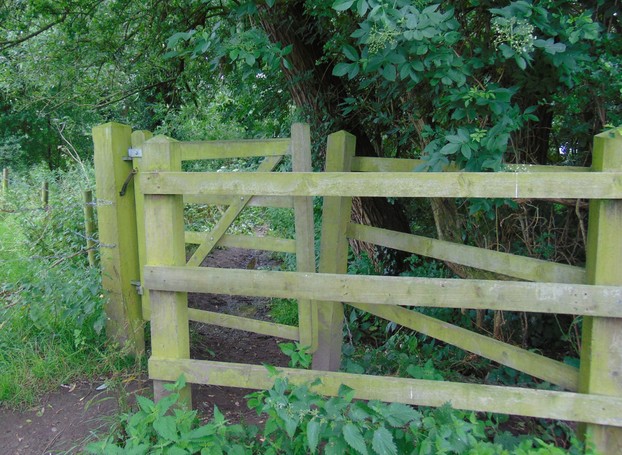
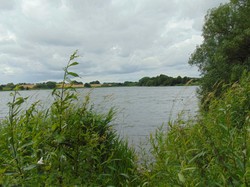

 Blarney Castle and Gardens, County Corkon 06/01/2023
Blarney Castle and Gardens, County Corkon 06/01/2023
 An Cóbh, Corcaigh, Eireon 05/29/2023
An Cóbh, Corcaigh, Eireon 05/29/2023
 Dublin ; The Book of Kellson 04/04/2023
Dublin ; The Book of Kellson 04/04/2023
 The Bee Tree Community CIC;- an online support communityon 08/24/2022
The Bee Tree Community CIC;- an online support communityon 08/24/2022
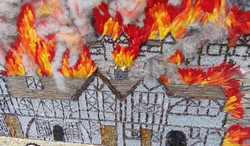
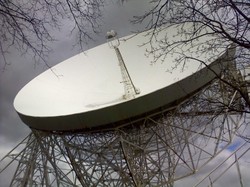
Comments
The computer crashed before I continued to another component of my comment below.
That leftover food composts in the British Isles impresses me even as it is not at all surprising.
Is the waste-food processing by government employees or by a private company?
Thank you to Frank and Veronica for comments below, on Jun 20, 2017, in answer to my previous, same-day observation and question.
It's nice to know that leftover food is not just thrown away. Is the waste-food pick-up by government employees or by a private company?
Waste food from kitchens cannot by law be given to pigs, even if cooked as swill. Nowadays we have special bins that are collected so that the waste food can be sent to a hot composter. This can be a tunnel into which waste is pushed so that it can break down in the very high temperatures that it produces. Composting would not be done on site, as cooked food waste attracts rats.
Derdriu
I have a strong feeling that according to British law, wasted food has to be thrown away and must NOT be kept anywhere on site. I could only manage about a third of the portion I was given.
Veronica, Thank you for the acquaintance with Pickmere. Do you know what Red Lion does with unfinished portions? You mention their gardens and hanging baskets, and I'm wondering if they compost food scraps.
There are some Saxon names locally but Wythenshawe is largely Norman. Wythenshawe it self is an Anglo-Saxon name Withen scaga- Willow grove. Saxfield in Wythenshawe is another one, Poundswick . William the Conqueror though granted the lands to Hamon de Mascey and there are still many Masseys in the area, also Dunham Massey.
Veronica, your observation that Wythenshawe [North Cheshire] was drained in the mediaeval period has struck me as true, as what you said made me realize that many of the local place names there are mediaeval rather than Anglo-Saxon, which fact seems to confirm what you say.
You will find that soils can vary a great deal locally.
That is very interesting. TY .
Where we were brought up on the Cheshire Plain the soil was clay.
The salt lake was in the late Paleozoic era, about 210 million years ago, hence that is why they mine deep for the salt that it deposited. More recent geological events have involved glaciation and its aftermath. The presence of glacial clay on the land surface favours the development of lakes and swamps, as the clay is impervious to water, which therefore does not drain away quickly. Glacial clay is one reason why the north of the county was quite swampy in places. But I have noted that glacial clay does not cover the whole county. For example, when I worked in Tatton Park [in Cheshire] at the Tatton Flower Show, I noticed that the soil was mainly sandy.